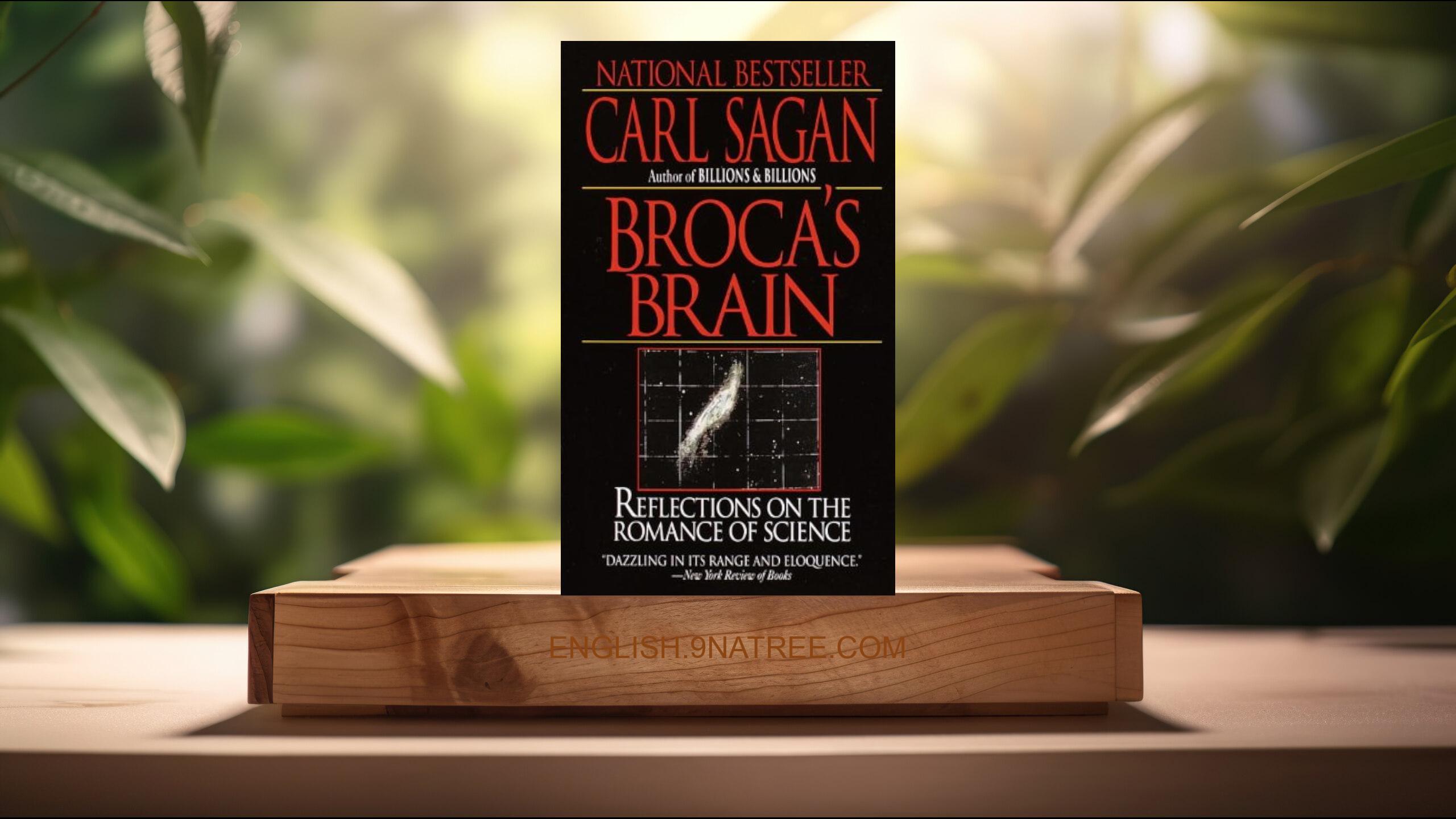Show Notes
- Amazon US Store: https://www.amazon.com/dp/B07JR1FDXH?tag=9natree-20
- Amazon Worldwide Store: https://global.buys.trade/The-Case-Against-Reality-Why-Evolution-Hid-the-Truth-from-Our-Eyes-Donald-D-Hoffman.html
- Apple Books: https://books.apple.com/us/audiobook/the-case-against-reality-why-evolution-hid-the-truth/id1474145413?itsct=books_box_link&itscg=30200&ls=1&at=1001l3bAw&ct=9natree
- eBay: https://www.ebay.com/sch/i.html?_nkw=The+Case+Against+Reality+Why+Evolution+Hid+the+Truth+from+Our+Eyes+Donald+D+Hoffman+&mkcid=1&mkrid=711-53200-19255-0&siteid=0&campid=5339060787&customid=9natree&toolid=10001&mkevt=1
- Read more: https://mybook.top/read/B07JR1FDXH/
#cognitivescience #perception #evolutionarytheory #consciousness #artificialintelligence #interfacetheory #reality #DonaldDHoffman #TheCaseAgainstReality
These are takeaways from this book.
Firstly, The Interface Theory of Perception, Donald D. Hoffman introduces the Interface Theory of Perception, a central theme in 'The Case Against Reality.' This theory suggests that our perceptions of the world serve more like a desktop interface on a computer than a direct window to objective reality. Just as icons on a desktop hide the complexity of computer programming while allowing us to interact effectively with the system, our perceptions are evolved constructs that hide the complexity of the real world. Hoffman argues that this interface evolved not to reveal the truth but to keep us alive by simplifying and organizing reality in a way that is useful for survival. This revolutionary idea challenges the traditional notion that evolution shaped our senses to see the world as it truly is, proposing instead that our senses are more about utility and less about truth.
Secondly, Evolution and Perception, Hoffman dives deep into how evolutionary processes shape our perception, proposing that natural selection favors perceptual strategies that enhance fitness over those that offer an accurate portrayal of reality. Using a mix of computer simulations and mathematical models, he demonstrates that creatures evolved to perceive only what was necessary for their survival are more likely to pass on their genes. This notion turns the idea of perception as a window to the truth on its head. Instead, perception is seen as a tool for navigation and decision-making in a world where what matters is not how accurate our perceptions are, but how useful they are for staying alive and reproducing. Hoffman's argument extends to suggest that even our most fundamental concepts, like space and time, may be parts of the interface rather than elements of an objective reality.
Thirdly, The Construct of Consciousness, A pivotal topic in the book is the construct of consciousness within the framework of Hoffman's theory. He posits that consciousness, like space and time, is another aspect of the user interface shaped by natural selection. Hoffman challenges the traditional view that consciousness is a direct product of brain activity. Instead, he suggests that consciousness is fundamental to reality, a view aligning with panpsychism – the belief that consciousness is a fundamental and ubiquitous aspect of the physical world. This radical perspective implies that the brain does not produce consciousness but rather, it tunes into existing realms of conscious entities. This idea invites readers to rethink the very nature of consciousness and its role in our perception of reality, pushing the boundaries of cognitive science into the realms of philosophy and theoretical physics.
Fourthly, Implications for Artificial Intelligence, Hoffman explores the implications of his theory for the field of artificial intelligence (AI). If our perceptions are merely useful fictions, what does this mean for the pursuit of creating machines with human-like intelligence and perception? Hoffman argues that current AI models, which are largely based on mimicking human sensory processing and cognition, may be fundamentally flawed if our understanding of reality is incorrect. To develop truly intelligent systems, we might need to rethink the basis of human cognition and perception. He speculates that understanding the interface theory could lead to breakthroughs in AI by focusing on the efficiency and utility of perceptions rather than their accuracy. This perspective could revolutionize how we design AI, pushing us towards systems that interpret the world in completely novel ways, potentially even surpassing human capabilities.
Lastly, The Quest for Objective Reality, The final crucial topic addressed by Hoffman is the quest for objective reality. Despite arguing that our perceptions are illusory interfaces, Hoffman is not suggesting that objective reality does not exist. Instead, he poses the intriguing question: if our senses are not reliable guides to reality, how can we ever hope to understand the true nature of the universe? Hoffman discusses various scientific and philosophical approaches to this question, from quantum physics to conscious realism, indicating that while our perceptions might be misleading, they may still offer clues to the underlying structure of the universe. He proposes that by transcending the limitations of our sensory interfaces and utilizing the power of science and mathematics, humanity may inch closer to glimpsing the actual fabric of reality. This optimistic view suggests that the very mechanisms that hide the truth from us also hold the keys to unveiling it.
![[Review] The Case Against Reality: Why Evolution Hid the Truth from Our Eyes (Donald D. Hoffman) Summarized](https://episodes.castos.com/660078c6833215-59505987/images/1847217/c1a-085k3-47gv9z6ra847-pdhroo.jpg)




